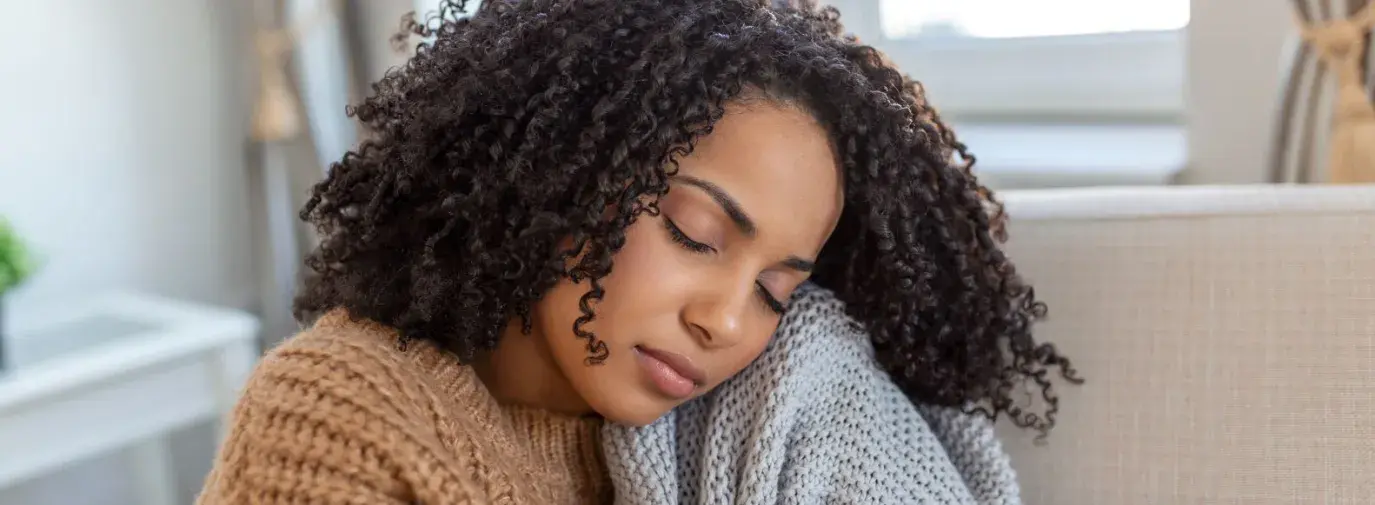
I’m a millennial, and our generation has a saying: “I am so tired of living in unprecedented times, I would like to live in precedented times, please?”
There are many ways to interpret this but to me, in this moment, it speaks to a very long history where women like myself—Black, middle-aged, professional—have gone to bat for human rights time and time again. We have marched for countless just causes, whether they are directly related or adjacent to our communities, because we believe that no one is free until all of us are free.
We see ourselves in the struggles of others and we know the injustices visited upon our family members and ancestors. We’ve strived to undo generational curses by pushing for access to health, wealth, and education. As it stands, Black women are the most educated population in this country; we open more small businesses, and we achieve more business growth than our counterparts nationally. Yet our rise to the top is still hindered by inaccurate portrayals in the media to feature us as wild, aggressive, unprofessional, and angry. I’m quite tired of these tropes and how they’re used to deny us our humanity.
In this election, we finally saw a candidate who could intimately understand where we were coming from, had lived experience with the issues that meant something to our communities, and might finally prove that Black women and other women of color shouldn’t consistently be trapped on the bottom rungs of society.
The election results might feel mind-blowing to some, but for us, it fits an infuriatingly centuries old pattern that we’ve seen all too often. Justice Ketanji Brown Jackson, Former First Lady Michelle Obama, and of course Madam Vice President Kamala Harris—all accomplished and educated Black women who, despite achieving historic levels of success, have been consistently portrayed in the most disparaging spotlights. Our collective experience as Black women is one where our humanity is never seen, and we can never be good enough.
Our exploitation and labor have nurtured this nation since its inception. We were forced to let go of our own children to care for those of plantation owners and overseers; we watched our families torn apart, our men beaten and emasculated. We were denied the right to vote even when our White counterparts could. We fought tooth and nail to be educated and for our children to have a safe and joyful future. We have been a support system for not only our communities, but to the humans we’ve encountered along the way. We have struggled not to be seen as loud, angry, or classless, despite having every right to our fury. Black women have answered the call for each and every social movement in the belief that this time, we could make a difference for others as well as ourselves. We have pushed for this country, for the world, to see us as worthy of the same compassion and care we’ve given others.
And though we are not monolithic, we are all tired.
Every time I open my mouth, I know that I will have to fight being seen as not enough, again. Someone is always waiting in the wings to explain to me what they think I can’t possibly understand on my own, or they urge me to just do it their way since they know better. It’s exhausting being subjected to this normalized condescension, especially when I have proved in many ways how I am more than enough.
This is why Black women, Black people, are saying in a collective voice: not only are we enough, but we have had enough.
This is a basic truth the rest of this country needs to understand as we all find ways forward. The turn in this political landscape is less about the differences in policy and more about a vast divide in whose humanity matters and how to use power morally. We are looking for what we give and how to move away from individualism and towards an authentic and empathic society. We want others to not just bear witness to what’s happened, but to also actively take up the burden we have shouldered for far too long. The issues which brought us here are systemic and so the solution must be, too. It is non-negotiable.
Until this truly happens, we are resting. Our capes are blankets, our feet are up, our souls will be nurtured as we care for our vulnerability as much as our strength. We didn’t get here alone and cannot fix this alone. We will wait to see what our allies and society will do, because until you give what we have, you haven’t done enough.







